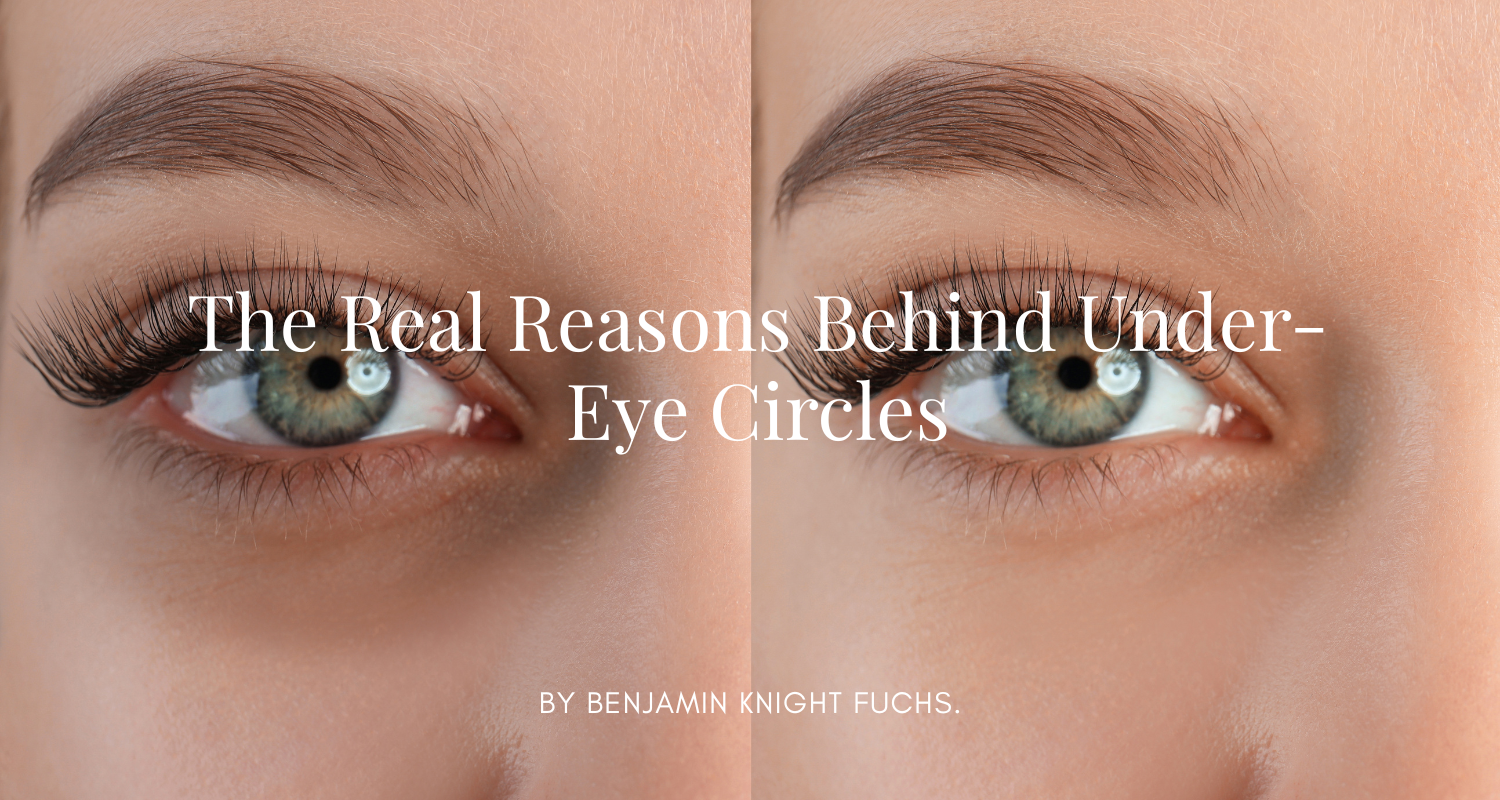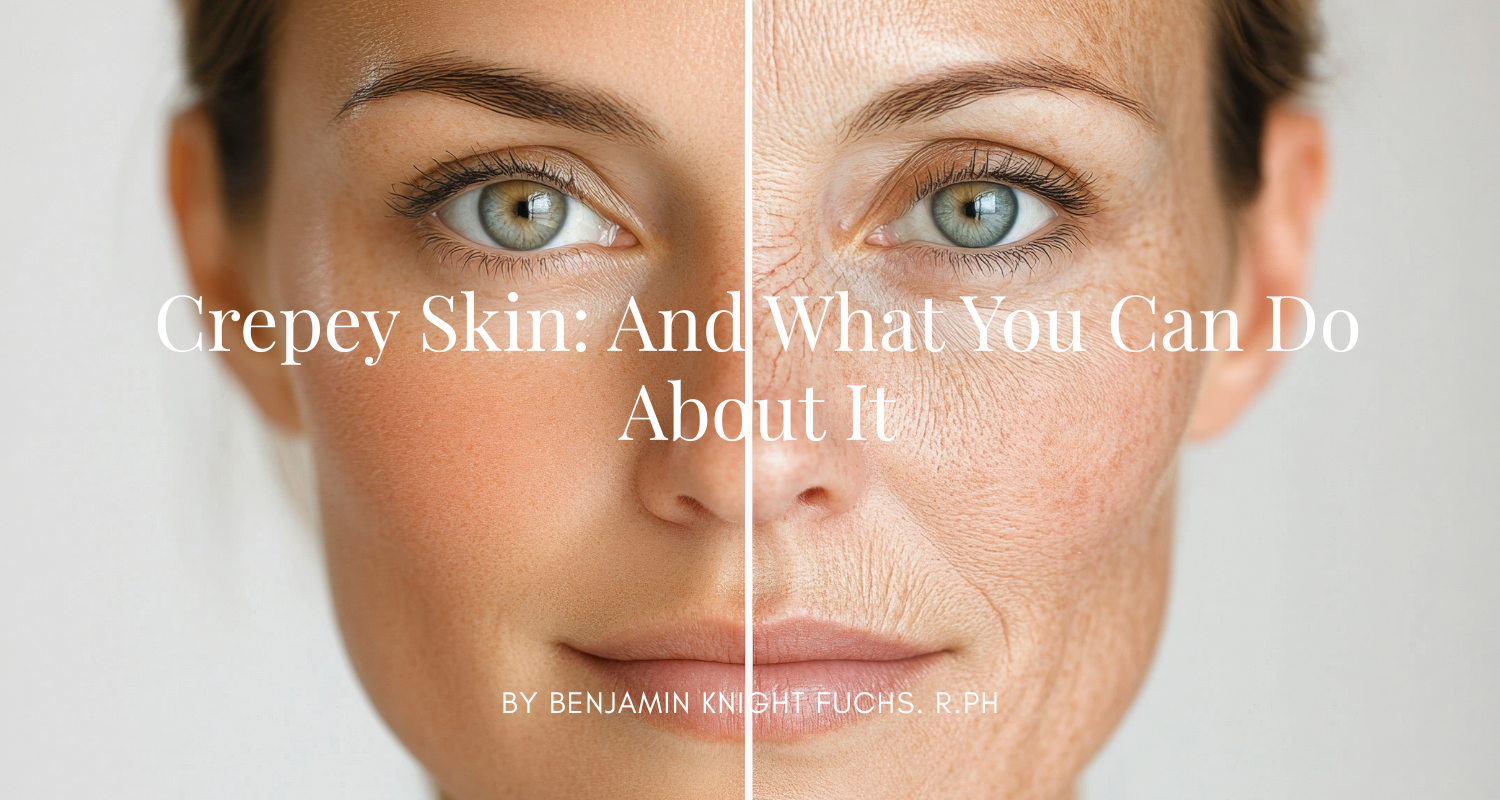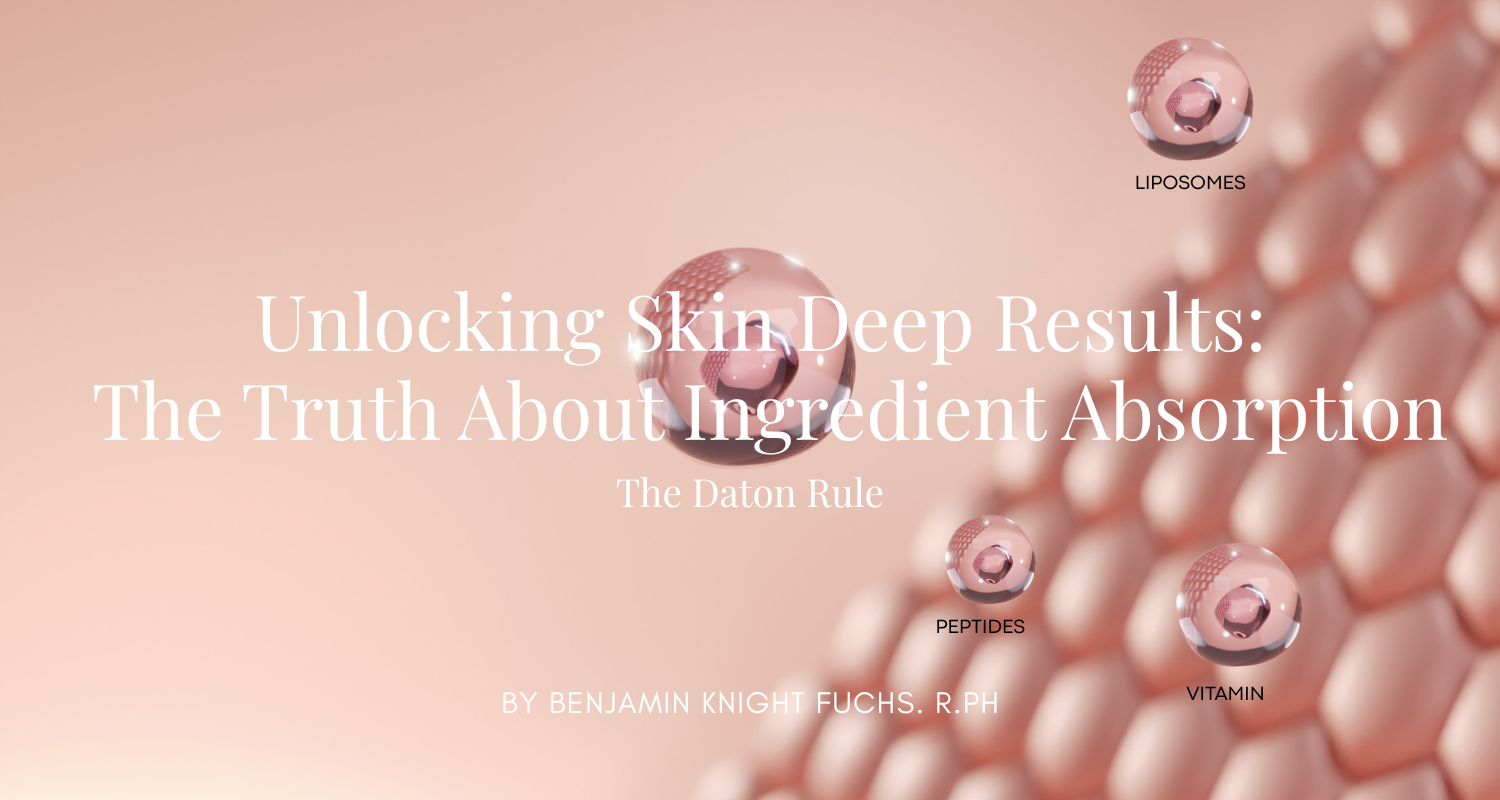
Why You Have Dark Circles—and What You Can Do About It
Dark Circles Under Your Eyes? Here’s What You Really Need to Know
Do you often wake up, look in the mirror, and see dark circles under your eyes—even after a good night’s sleep? You’re not alone. These shadows are one of the most common beauty concerns, and while makeup can help cover them, understanding what causes them is the first step toward treating them effectively.
Let’s dive into the real reasons behind under-eye circles and what you can do to reduce them naturally and holistically.
It’s Not Just About Sleep
While not getting enough sleep can make dark circles worse, it’s rarely the only reason they show up. There are many possible causes, including:
- Genetics – Some people naturally have thinner skin under the eyes, making blood vessels more visible.
- Pigmentation – Your skin might be producing extra melanin (the pigment that gives skin its color), especially if you’ve spent a lot of time in the sun.
- Aging – As we age, fat under the eyes can shift or become more visible, casting shadows.
- Rubbing or irritation – Vigorous rubbing or allergies can lead to discoloration over time.
Your Gut and Skin Are More Connected Than You Think
Believe it or not, what’s going on inside your body can affect how your skin looks on the outside—especially around your eyes.
- Digestive issues like food intolerances or “leaky gut” can trigger inflammation, which may show up as dark circles.
- Nutrient deficiencies (like low iron, vitamin K, or B12) can make the skin look pale or bruised under the eyes.
- Food sensitivities to things like dairy, gluten, or processed foods may also contribute to puffiness and discoloration.
Tip: Try keeping a food journal to spot if certain foods are affecting how your skin looks and feels.
Stress Has a Big Impact Too
Feeling stressed out? Your body responds by releasing cortisol—a hormone that can:
- Make you sleep poorly (leading to tired-looking eyes),
- Thin your skin (making veins more visible), and
- Widen blood vessels (causing more discoloration).
The Lymphatic System: Your Body’s Drainage System
The area under your eyes is sensitive and relies on good circulation to stay clear and smooth. If your lymphatic system—which helps remove toxins and excess fluid—isn’t working well, it can lead to:
- Puffiness
- Swelling
- A darker or dull appearance
Gentle facial massage (especially around the eyes) can help improve lymphatic flow and reduce puffiness.
What You Can Do to Help
Here are some simple and effective things you can try at home:
• Sleep well – Aim for 7–9 hours a night.
• Drink plenty of water – Dehydration makes circles worse.
• Use mineral sunscreen – Zinc-based ones are gentle and protective.
• Eat nutrient-rich foods – Leafy greens (vitamin K), berries and citrus (vitamin C), and iron-rich foods like beans and spinach can all help.
• Try probiotics – They support your gut health and, in turn, your skin.
• Do gentle massage – A light touch around your eyes can improve circulation.
• Manage stress – Breathing exercises, walks, or relaxing hobbies can go a long way.
When to See a Specialist
If dark circles persist or are getting worse, it may be time to check in with a dermatologist, nutritionist, or doctor. In some cases, treatments like chemical peels or minor surgery can help—but often, improving lifestyle and skincare habits makes a big difference.
The Bottom Line
Dark circles are a sign that your body might be asking for something—whether it’s rest, better nutrition, or less stress. By looking at the big picture and taking a gentle, holistic approach, you can help your skin look brighter, healthier, and more refreshed.


